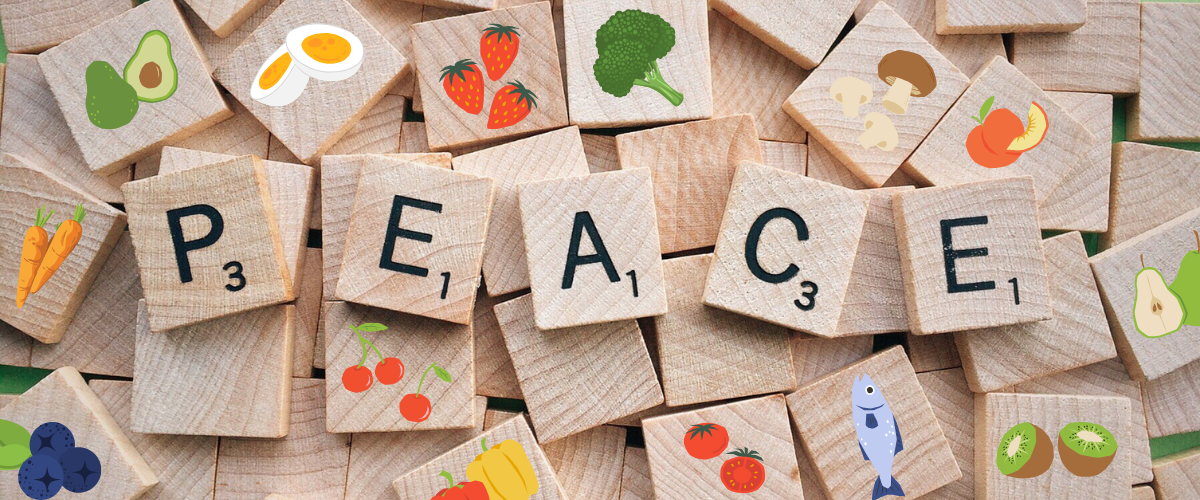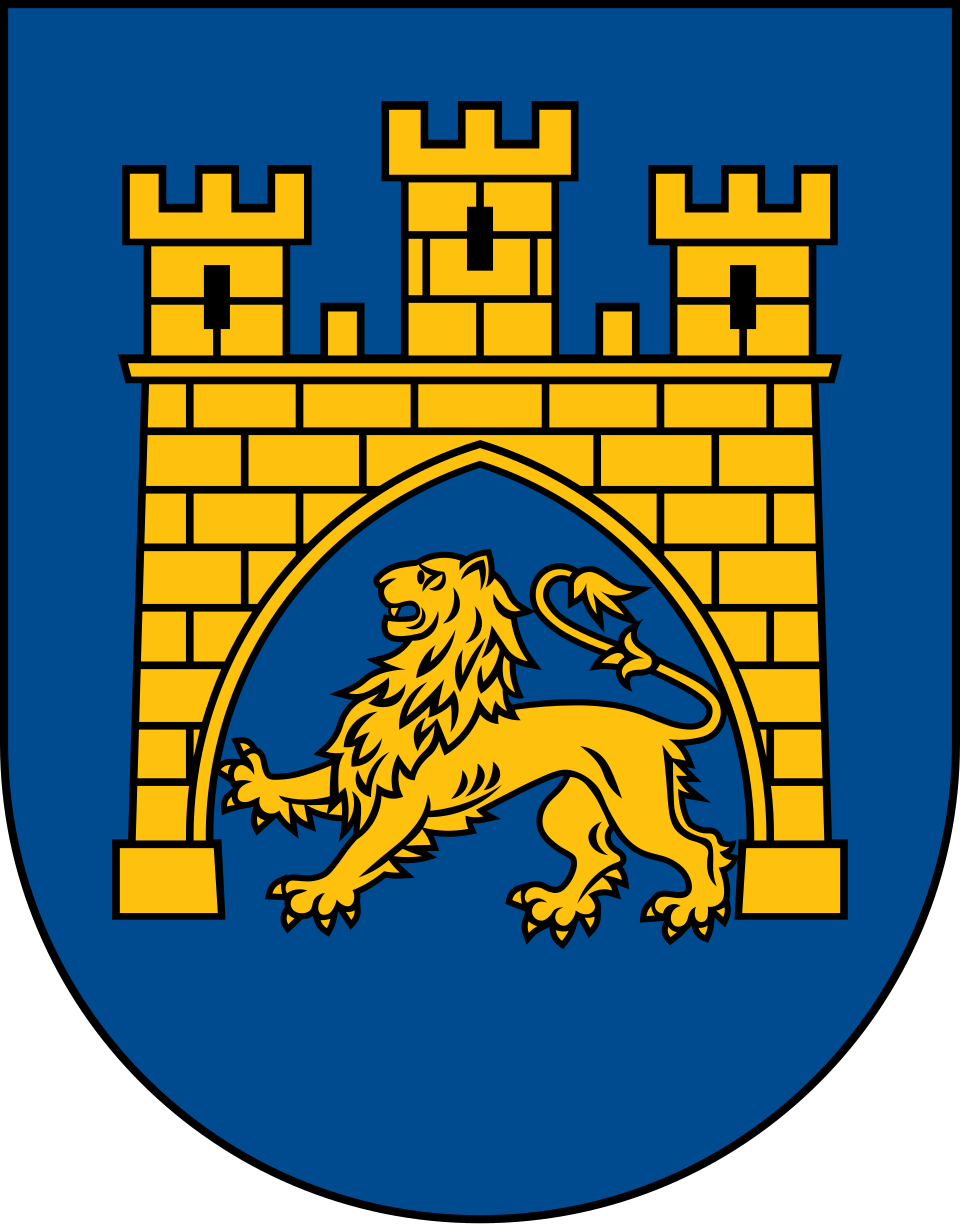Our commitment to Hunger Zero

Márcia Cristina Stolarski
Nutritionist, master's in Public Policies, Director del Nutritional and Food Security department in the Secretary of Agriculture and Supply in Paraná, Brazil.
Hunger continues to plague millions of people around the world. Its causes are complex and interrelated, involving social, economic, political and environmental factors. Extreme poverty, social inequality, armed conflict, climate change and mismanagement of natural resources are some of the main challenges.
The coexistence of hunger and food waste is a major and unacceptable contradiction, which calls for effective and urgent action. Ultimately, reducing food waste and achieving zero hunger are directly linked.
The UN Food Waste Index Report 2024 mentions that the world wasted more than one billion meals per day in 2022. This document shows that the solution to hunger is within reach, as this amount would be enough to feed all the world's hunger. In other words, zero hunger can be achieved if we can get this food to those who need it most.
The 5th World Summit of Regions on Food Security and Food Sovereignty was my first, and I came away deeply impacted. How to sum it up in a few words? Despite the difference in languages, incredible as it may seem, our problems are very, very similar; there is a lot of will to find solutions; many governments are making progress, but unfortunately, not all of them have the necessary resources. For me, it never made so much sense why the Sustainable Development Goals (SDGs). At the end of the day, they sum it all up.
There were many good experiences at this Summit. I chose to comment on one delightful initiative. Coinciding with the event, the Generalitat of Catalonia promoted a campaign to raise awareness of the problem of food waste. Incidentally, it was the 9th edition of Gastrorecup - an event that saw the participation of more than 50 restaurants using rescued ingredients to promote a gastronomic experience. The Catalan restaurants created special menus with foods that, because of their appearance or excess production, would be discarded. The idea is simple: to demonstrate that it is possible to eat delicious and sustainable food at the same time and still raise awareness of the importance of reducing food waste. Haute cuisine with a touch of sustainability.
The Catalonia Manifesto marked the closing of the event and represents a call to action for sub-state governments to take a leading role in building fairer, more equitable and sustainable food systems, thus contributing to achieving SDG 2: Zero Hunger.
Although the SDGs are interdependent and indivisible, I understand that there is a multiplier effect of the scope of SDG 2 on the others. Ultimately, by ensuring food security and promoting sustainable agriculture, we are contributing to poverty eradication, improved health, responsible consumption and production, environmental protection, sustainable development in all its dimensions, among others. Thus, by working together to achieve SDG 2, we are taking an important step towards a more just, equitable and sustainable future for all. We, the sub-state governments, as key actors in food governance, are called to lead this transformation.
The connection of the Catalans with the land and with the cycles of nature cannot go unrecorded. This relationship is reflected in the value they place on local products and sustainable agriculture. Catalan gastronomy, more than a simple act of eating, is the beating heart of Catalan identity. It serves as a meeting point for people, a source of pride, a space to celebrate life and share culture, the fruit of centuries of tradition, innovation and passion for good food. Undoubtedly, a great and beautiful learning that we take home with us.
I remember that the UN World Food Programme was awarded the Nobel Peace Prize in 2020. A well-deserved prize, because food security also means peace. May one day not too far away, with our cooperation, we can celebrate the access of the entire world population to healthy food at least three times a day. It will be a day of peace!










































































